ÉDITORIAL | EDITORIAL
ENGLISH >>
« Il faut s’adapter. » Une phrase souvent prononcée au cours des derniers 21 mois, tant dans notre vie professionnelle que personnelle, alors qu’on tentait de s’ajuster aux défis d’une vie en pandémie. Malgré les circonstances éprouvantes, les professionnel.les de l’information ont su user de leur créativité pour découvrir de nouvelles façons de servir leurs usagers, d’entretenir leurs collections et d’offrir des services d’apprentissage et de recherche, souvent sans accès aux lieux physiques et au matériel imprimé.
À court de moyens, nous avons fait preuve de réinvention, repoussant les limites de notre pratique pour trouver de nouvelles façons de faire dans la collection et la dissémination de l’information. Dans cette dernière édition de MOQDOC, artistes, recherchistes et professionnels de l’information nous démontrent ce qu’ils ont entrepris comme démarches pour traverser cette période de transition.
Bien que le numérique soit passé à l’avant-plan au cours de la pandémie, la numérisation des infrastructures se faisait une priorité dans le milieu culturel depuis plusieurs années déjà, comme nous le montre Isabelle L’Heureux dans son texte sur les agent.e.s de développement numérique (ADN) en arts visuels. Mais c’est le côté humain derrière ces approches technologiques qui ressort, allant de son appui aux nouvelles communautés de pratique, aux liens créés entre différents organismes jusqu’à son travail de concert avec de nombreuses initiatives pour rendre le numérique plus accessible.
Du côté des bibliothèques académiques, Katherine Lewis nous partage les résultats de son étude se penchant sur les défis et solutions innovatrices particuliers aux professionnels de ce domaine qui devaient passer rapidement au numérique après la fermeture de leurs locaux physiques.
Malgré les efforts des archivistes et bibliothécaires pour rendre l’information plus disponible en ligne, l’accès à du matériel physique demeure parfois incontournable. C’est ce qu’en témoigne Pierre Landry, historien de l’art, dans sa quête pour retracer le fil de la vie et de l’œuvre de Jean-Paul Riopelle pour un projet d’envergure. Faisant face à plusieurs portes subitement fermées, il se penche sur d’autres approches, suscitant la découverte en chemin.
Pour voir comment le monde des arts visuel s’est réorienté dernièrement, nous avons invité Collectif Blanc, une plateforme dédiée aux arts imprimés émergents d’ici et d’ailleurs, à nous parler de leur dernière exposition, Imprimé | Intimité | Collection. Depuis le début de la pandémie, ils ont repensé la direction de leur collectif et proposent des avenues originales pour la suite des choses.
Avec la multitude d’expositions et d’outils ayant pris une forme numérique récemment, nous avons cru bon en rassembler quelques-uns issus de notre milieu. Un échantillon qui servira, nous espérons, à inspirer et guider des créations futures! Bonne lecture et bon visionnement.
<< FRANÇAIS
Adaptation. We know it well. During the last 21 months, this word has resonated loudly throughout our professional and personal lives as we faced the many difficulties of living through a pandemic. Despite these trying circumstances, information professionals have found innovative and creative ways to serve their users, caring for collections and providing educational and research services, often with limited access to physical spaces and print materials.
Necessity being the mother of invention, these restrictions have inspired new ways of sharing and curating information, leading us to push the boundaries of best practices in our field. In our latest edition of the MOQDOC, these issues are brought to the forefront and examined from different perspectives, as researchers, information providers and artists learn to navigate the new normal.
Though the pandemic may have kicked some digital initiatives into overdrive, transitioning to digital infrastructure has been a priority for the cultural sector for the last several years. Isabelle L’Heureux shares her experience working as an Agente de développement culturel numérique (ADN) for the visual arts. Through her work with digital literacy initiatives, building communities of practice, and forging new partnerships among organizations, she illustrates how this digital transition is grounded in human connections and knowledge sharing.
Offering a look at how this digital shift has evolved on the academic side of things, Katherine Lewis’ article is based on a research project she conducted, which describes the challenges and innovations facing information professionals in the transition to digital services in academic libraries.
While the efforts of librarians and archivists have led to increased access to information online, sometimes the lack of print collections still provides a significant barrier to research. Art historian Pierre Landry shares the challenges he faced when he embarked on a substantial project researching the life and work of Jean-Paul Riopelle, when his work was brought to a halt with the closure of libraries and archives for an indefinite period of time.
As the visual arts communities respond to their own unique challenges brought on by the pandemic, we look at Collectif Blanc, a Montreal-based curatorial platform which showcases new forms of local and international print publications. They share with us the aesthetic philosophy and curatorial process behind their last physical exhibition: Imprimé | Intimité | Collection. They also recount how they have revisited and adapted the direction of their project since the start of the pandemic, giving us a glimpse of the ways in which they are branching out into new creative directions.
As many resources and exhibitions have shifted to a virtual platform over the last few months, we wanted to shine some light on the creation of virtual exhibitions and online content brought forth by so many in our field. By no means exhaustive, we hope this selection of sites and works will inspire and help guide new creative offerings in the coming months. We hope you enjoy them as much as we enjoyed bringing them together for you here!
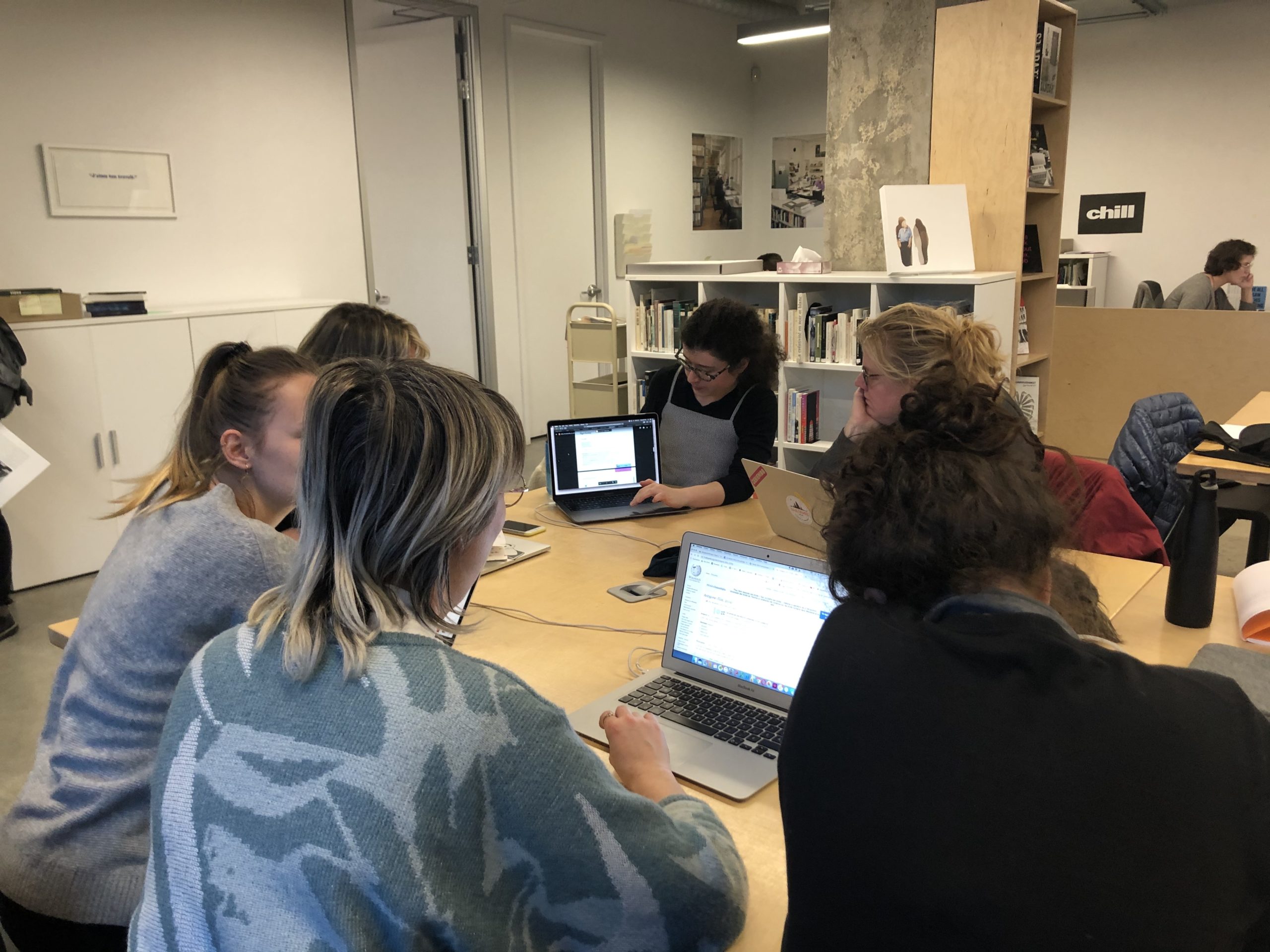
Isabelle L'Heureux
Le Réseau ADN et les dynamiques d'adoption du numérique dans le milieu culturel québécois
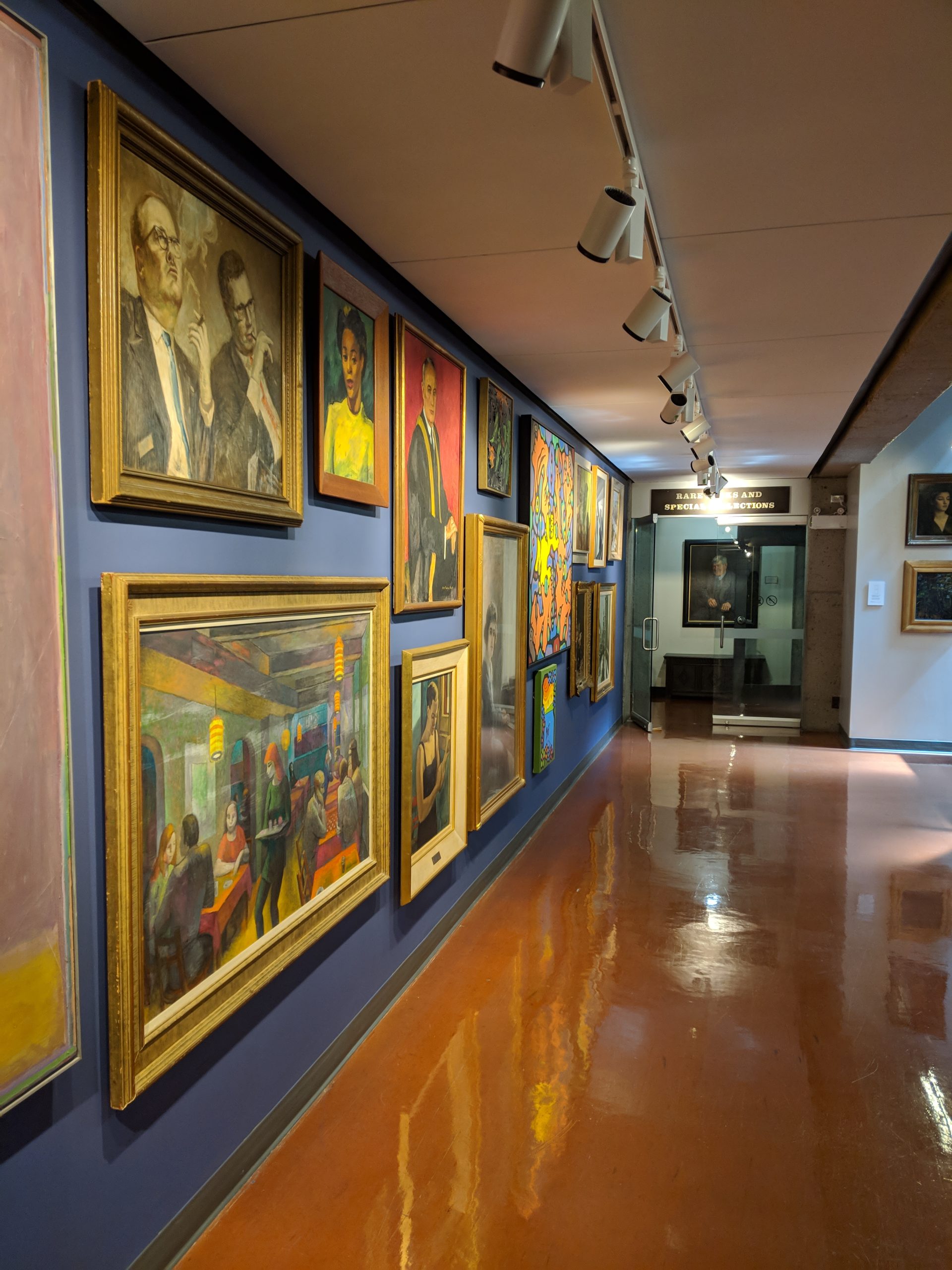
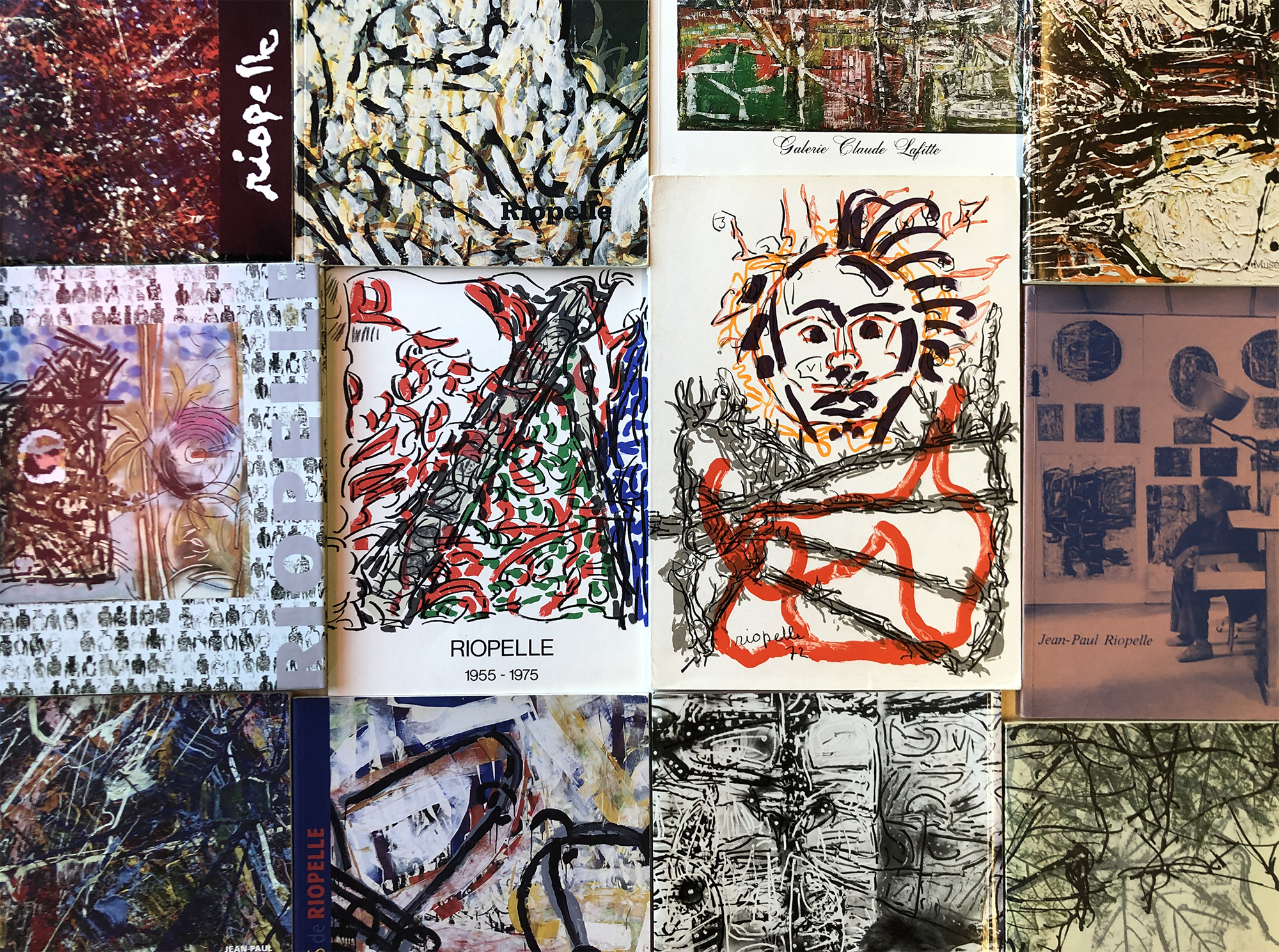
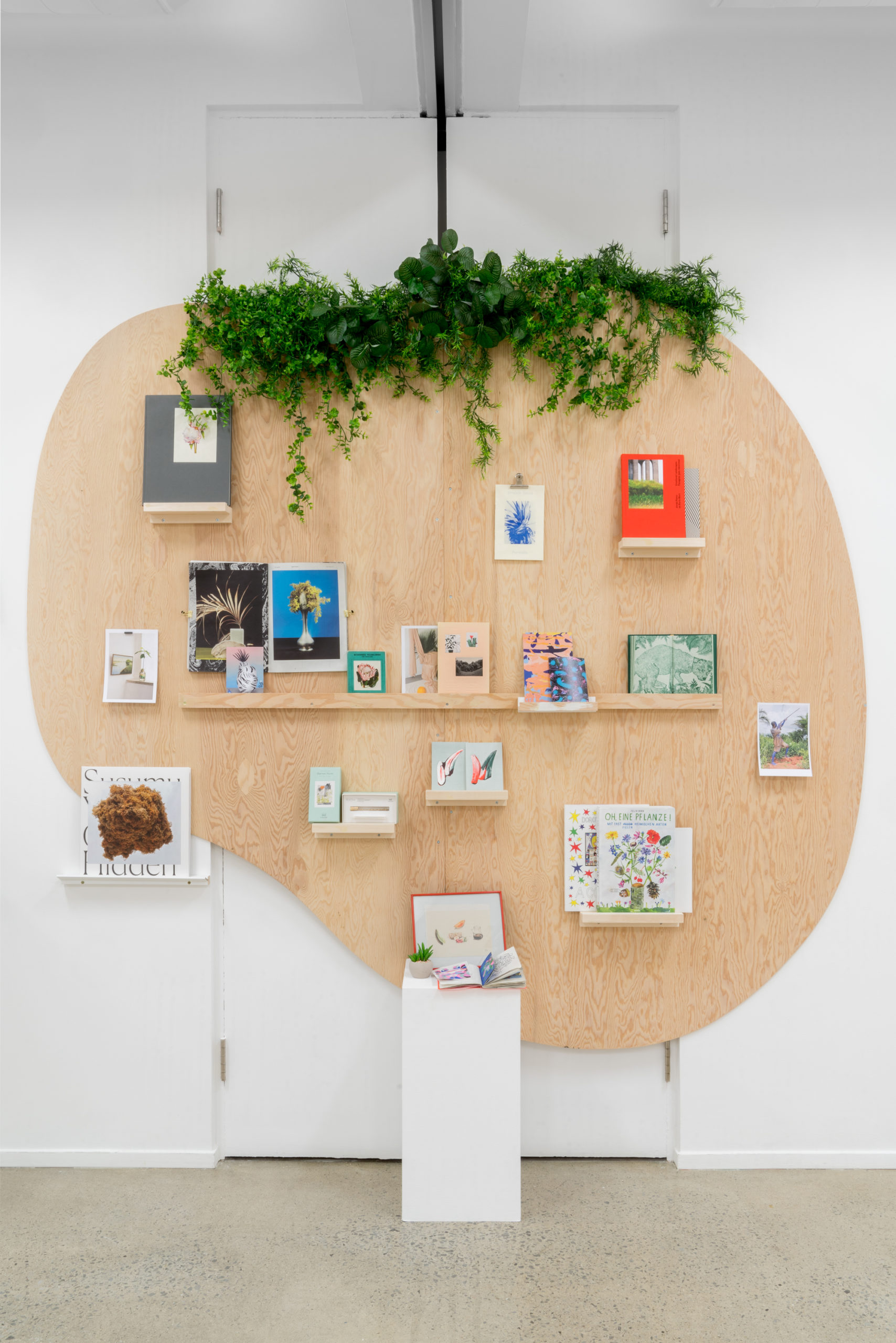
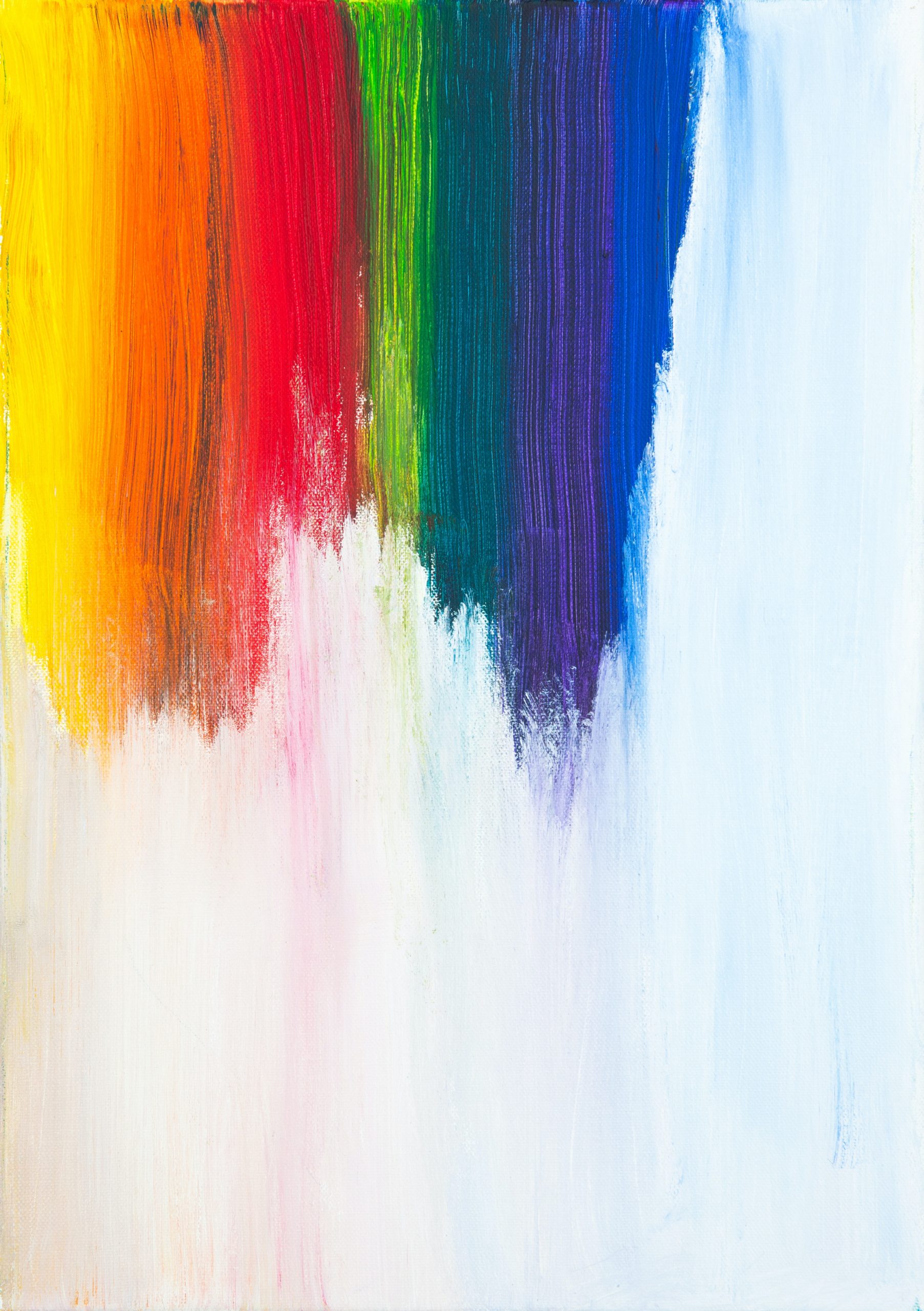
Editors / Comité de rédaction : Melissa Pipe & Jessica Hébert
Design : Adèle Flannery
Révision linguistique : Paule Kelly-Rhéaume
Copyediting : Alan Reed

